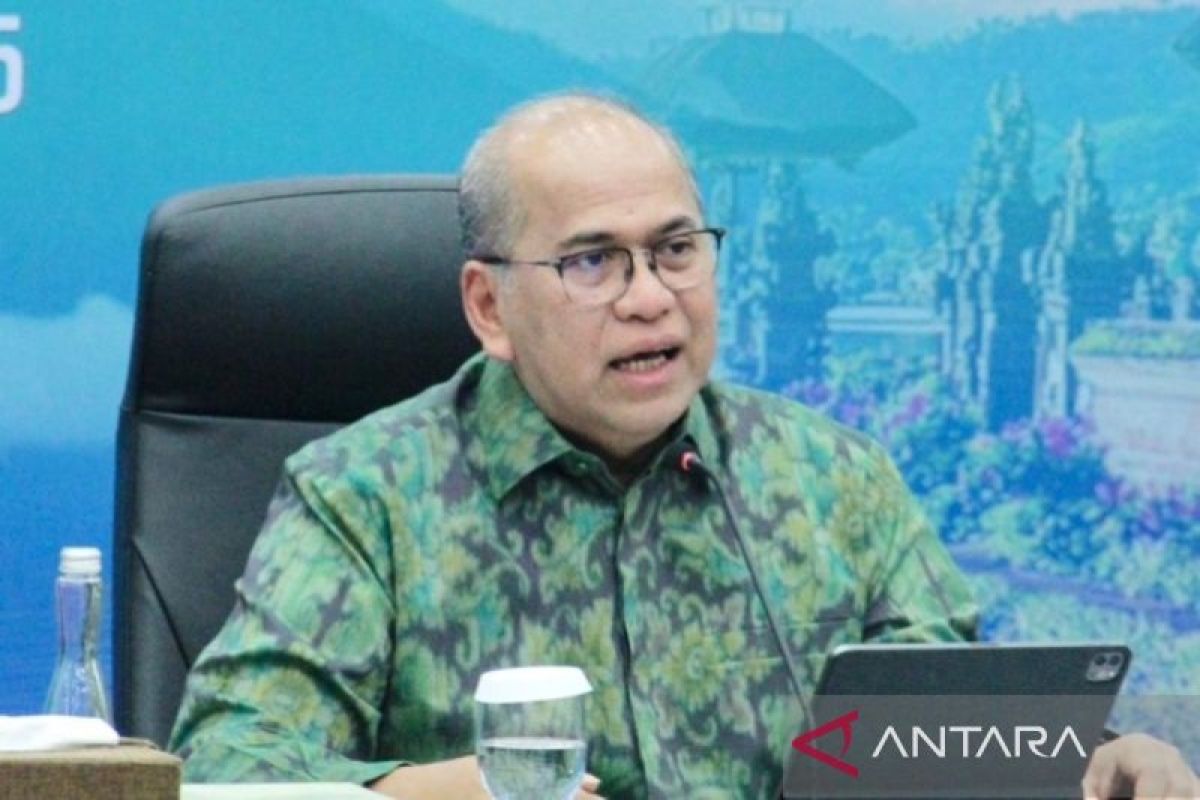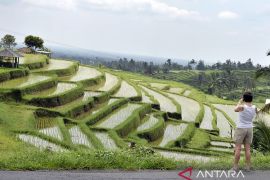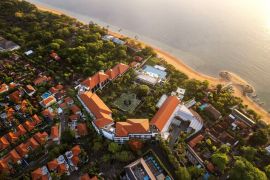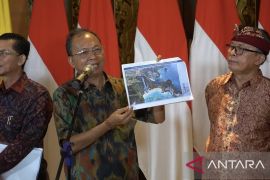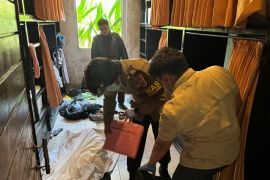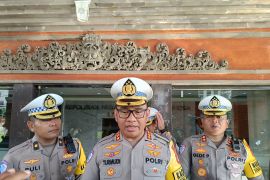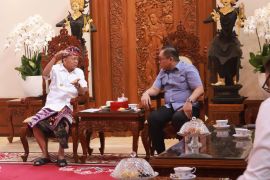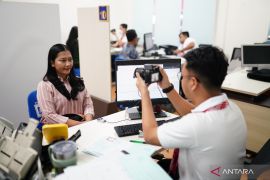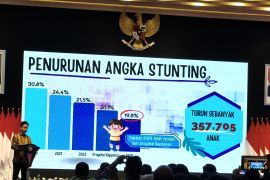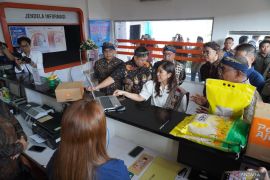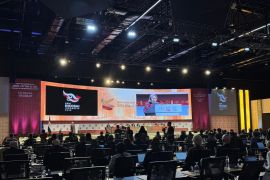"This will become the basis for investment growth in Bali," said Head of the BI Bali Representative Office Erwin Soeriadimadja on the sidelines of the Balinomics forum in Denpasar, Bali, on Saturday.
He noted that the two SEZs will serve as accelerators for Bali’s economy and are expected to further boost growth on the Island of the Gods, which in the second quarter of 2025 reached 5.95 percent — higher than the national average of 5.12 percent.
This performance has been supported by the tourism sector, which continues to recover and has driven several business sectors, such as accommodation, food and beverage, construction, trade, transportation, and warehousing.
He added that the two SEZs ranked among the strongest nationally in terms of investment realization in 2024, with a significant impact on job creation.
According to data from the National Special Economic Zone Council, the Sanur SEZ was designed with a projected total investment of Rp10.2 trillion (US$616 million) and is expected to employ 18,375 direct workers and 25,272 indirect workers once fully operational.
The Council also reported that since its establishment until the first quarter of 2025, the Sanur SEZ has recorded cumulative investment realization of Rp4.42 trillion (US$266.96 million) and created 3,822 jobs.
Meanwhile, the Kura-Kura Bali SEZ has an investment target of Rp89.9 trillion (US$5.43 billion) with a workforce target of 35,036 people.
With this potential, the central bank believes that area-based investment and strategic infrastructure will be key drivers of Bali’s economy going forward.
"This aligns with the policy direction to increase the carrying capacity for sustainable and inclusive economic growth," he said.
Aside from these two SEZs, another key focus for Bali’s economic growth is a quality tourism strategy, given that Balinese tourism contributes 64.29 percent of national tourism foreign exchange.
Next, increasing agricultural productivity and accelerating efficient and inclusive digital payment penetration in both urban and non-urban areas.
He further noted that upcoming strategies include visitor management at tourist destinations through a digital ticketing system and digitizing daily visit limits based on capacity data.
Furthermore, the government is developing integrated applications such as Love Bali and encouraging new tertiary investment outside Denpasar, Badung, Gianyar, and Tabanan.
Related news: VP urges Denpasar MSMEs to help boost creative economy
Related news: North Bali Airport to boost MSMEs, creative economy: Minister
Translator: Arie Novarina
Editor: M Razi Rahman
Copyright © ANTARA 2025
